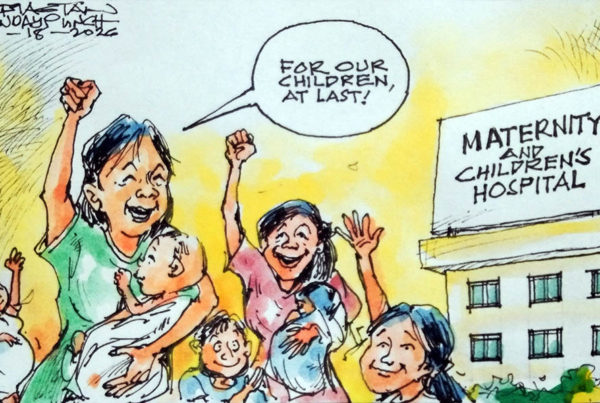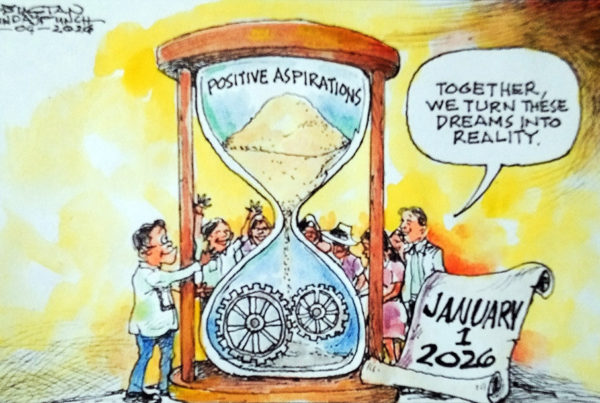Editorial
Partnering for affordable quality health care
MEDICINE is big business. Any government attempt to regulate prices for the sake of the public is expectedly going to be met with opposition by the mighty pharmaceutical industry. And so despite its limitations, there is reason to cheer for the implementation of the MDRP (maximum drug retail price), finally, effective August 15 as an offshoot of Republic Act No. 9502, the Universally Accessible Cheaper and Quality Medicines Act of 2008.
With the law in place, what is crucial now is the political will of the government, the Department of Health in particular, to make sure that it is enforced to the letter. Health Secretary Francisco Duque III, judging from his performance and zeal, is up to the task and we trust that his commitment flows down to the rest of the DoH organization. Here in Pangasinan, and the entire Region 1 as a whole, it is noteworthy that there is 100% compliance rate among the big drugstore chains and pharmacies, particularly in both the government-owned and private hospitals. Whether this will hold is something for both the national and local government to ensure.
One way of helping ensure continued compliance of the law is to engage the people – the beneficiaries of the law – in the job. To do this, the DoH must launch a regular information program that will educate the people on the MDRP coverage. Our provincial, city and municipal governments must help here through the community health centers. That way, the government can expect the community to act as partners in keeping watch. Without the information, people will have no basis for reporting establishments violating the law.
Meanwhile, as we forge ahead towards the delivery of more significant health services, the provincial government must at the same time purge ghosts from the past such as the unresolved case of the expired medicines and medical supplies found buried within the very compound of the capitol complex in Lingayen.
Was it really a case of corruption or was it an effort on the part of the past provincial government to properly dispose of donated expired medicines short of incinerating these? If corruption was motive, then our people want accountability. If on the other hand, it was actually an effort to protect the sick from aggravating their situations, the Espino administration must make this clear in fairness to the Agbayani administration that may have been maligned unfairly in the media. At the same time, the provincial government can help generate more donations by issuing guidelines, i.e., expiration dates of medicines, certification of service ability of equipment, etc.
With the case left hanging, the people will find it difficult to trust in the present administration and its officials even if the wrongdoing was seemingly committed by the previous one. They might as well be partners in crime.
Without earning the public’s trust, how can the government expect to make partners of the people?









